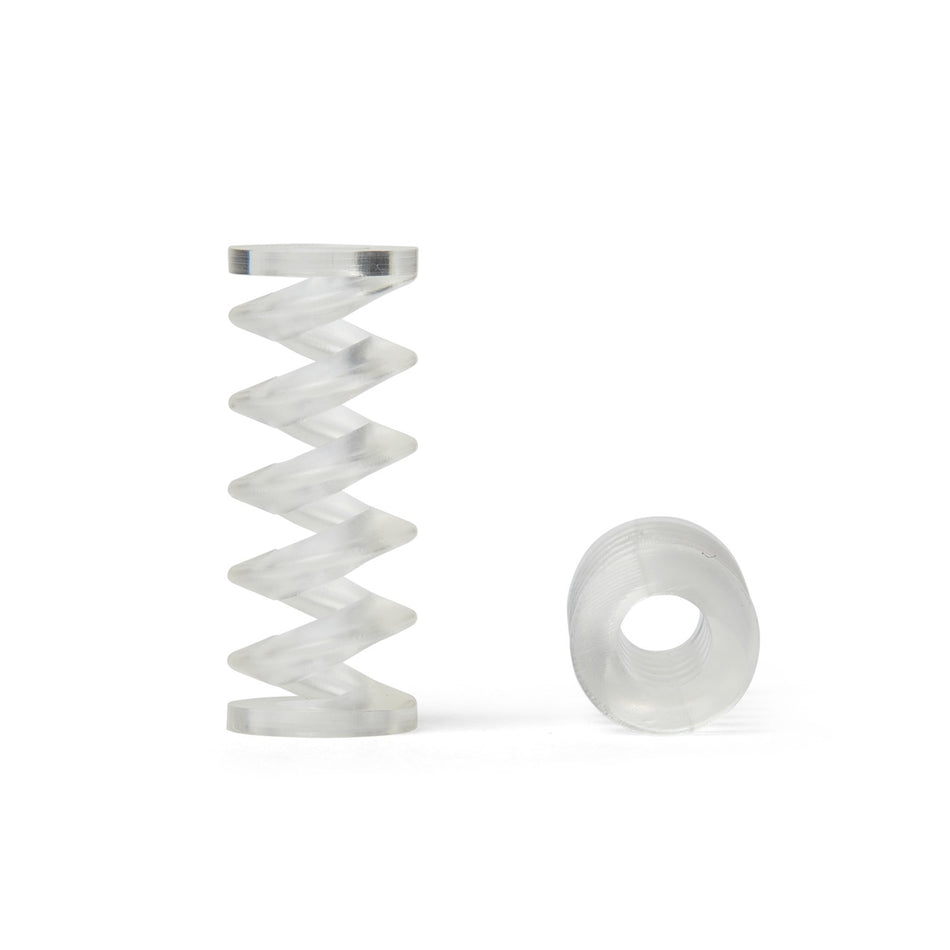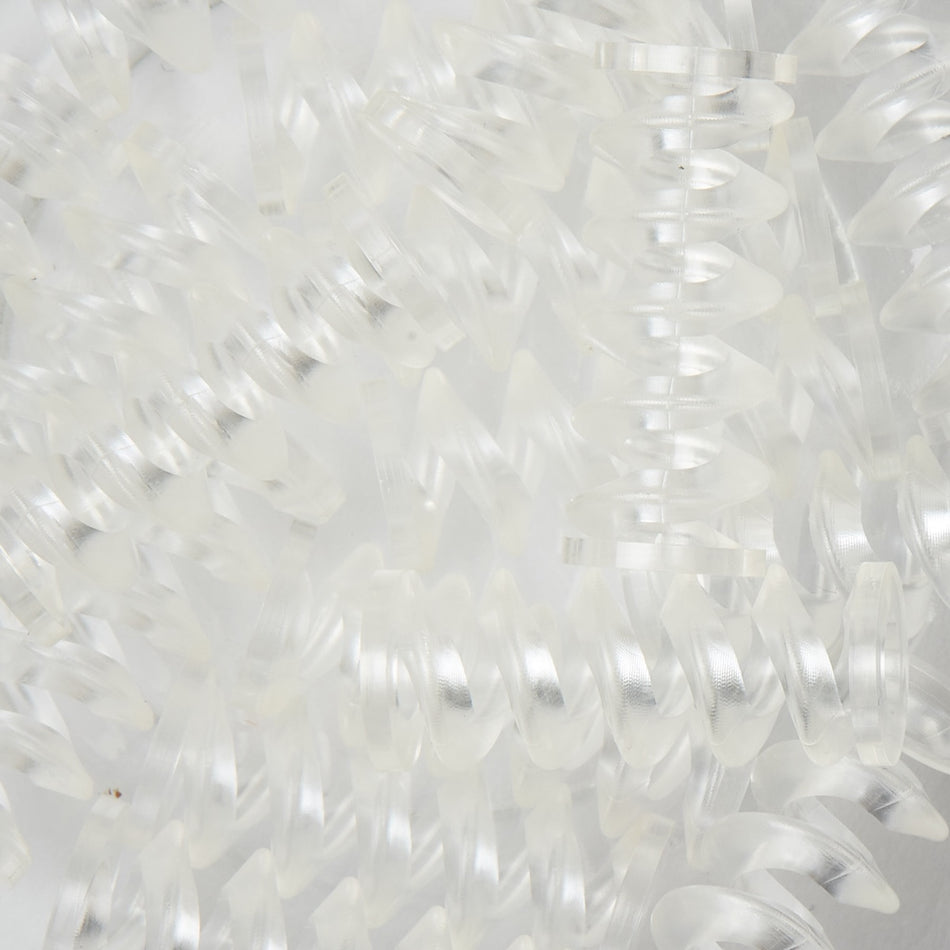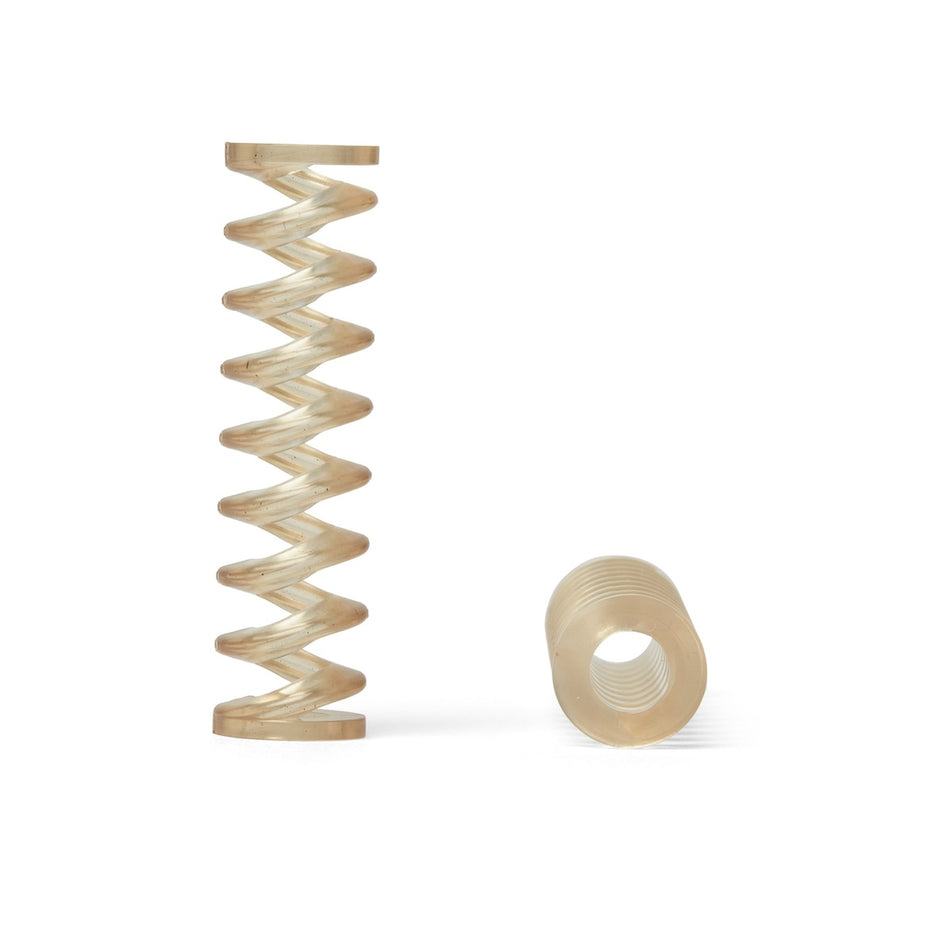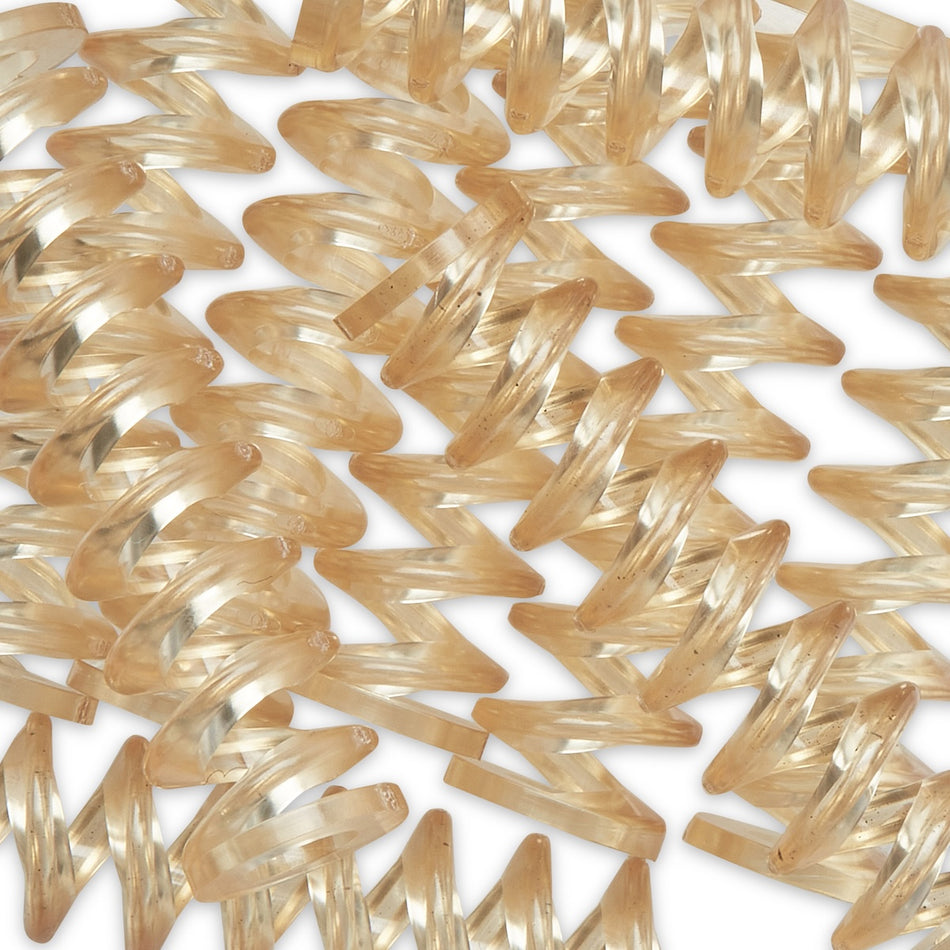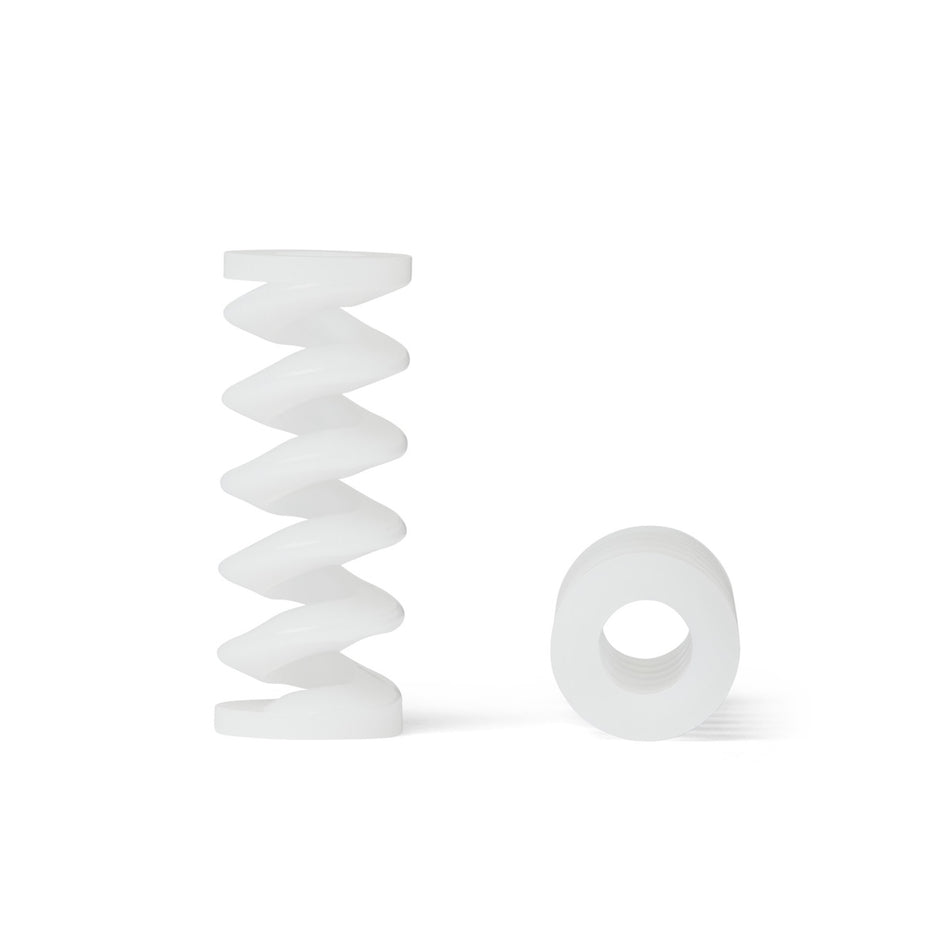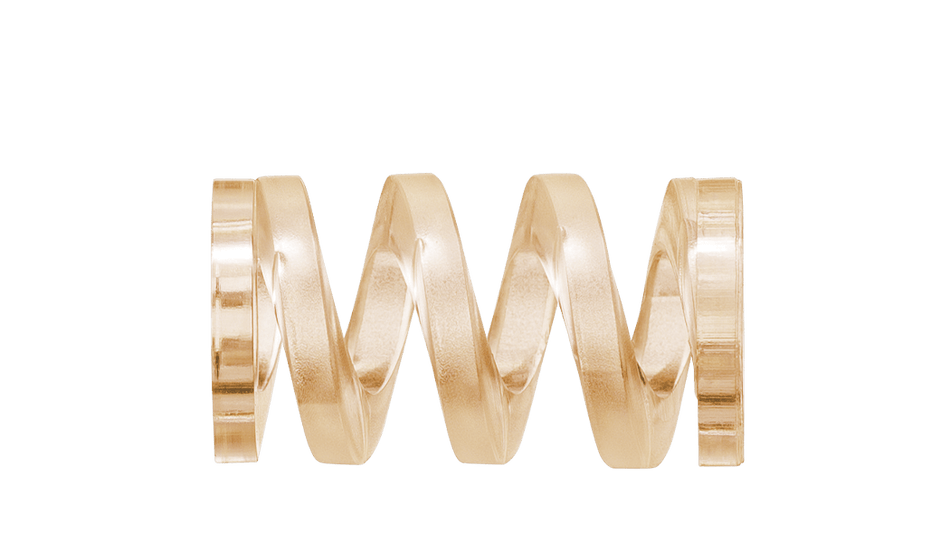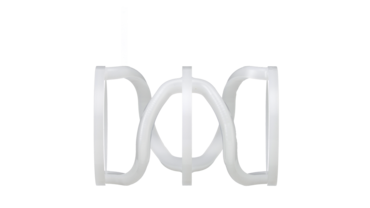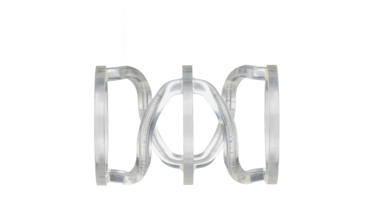10 Produkte
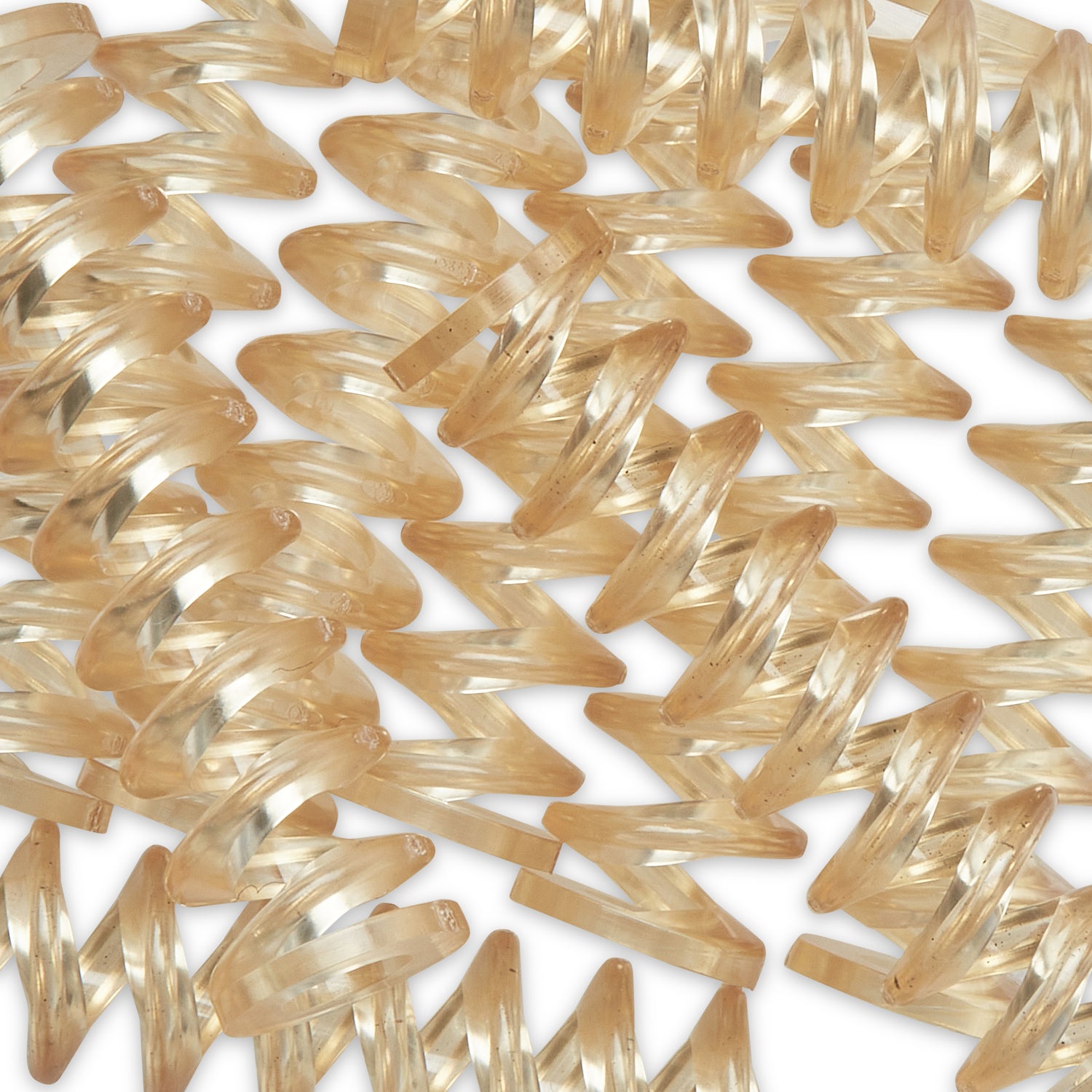
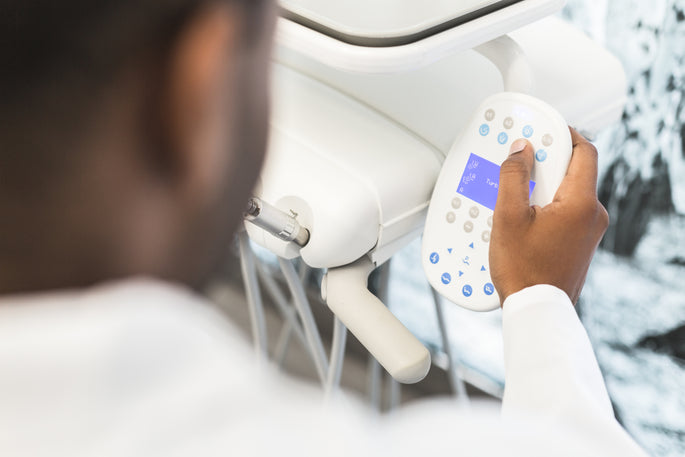
Industry applications for plastic springs
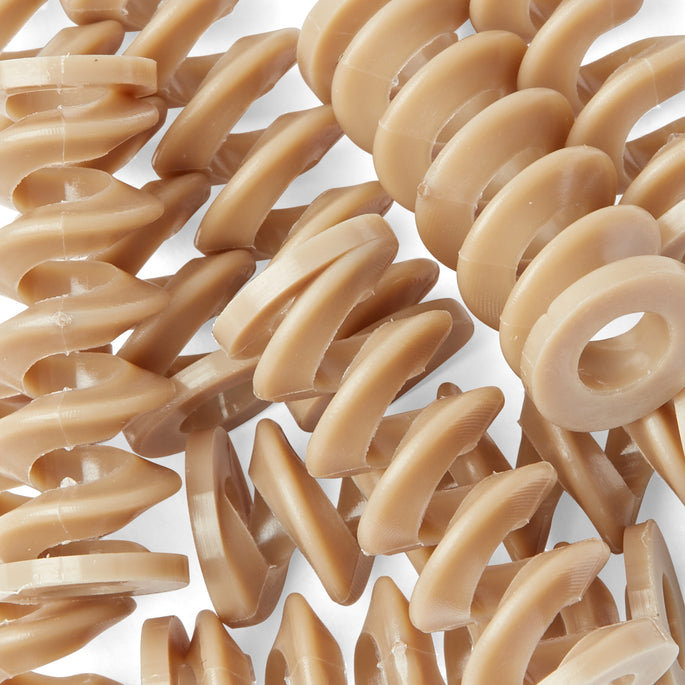
What are the benefits of using plastic for springs?
Sie bieten einzigartige Vorteile, die Metallschrauben nicht bieten können. Sie sind äußerst korrosionsbeständig und eignen sich daher ideal für den Einsatz in Umgebungen mit aggressiven Chemikalien, in denen Metallschrauben zerfallen würden. Ihr geringes Gewicht reduziert das Gesamtgewicht von Baugruppen, was in Branchen wie der Luft- und Raumfahrt und der Automobilindustrie von entscheidender Bedeutung ist, wo Gewichtseinsparungen zu besserer Leistung und Kraftstoffeffizienz führen. Kunststoffschrauben bieten außerdem eine hervorragende elektrische Isolierung und verhindern Kurzschlüsse in elektronischen Geräten. Darüber hinaus haben sie ein hohes Verhältnis von Festigkeit zu Gewicht, sind nicht magnetisch und halten einem breiten Temperaturbereich stand. Diese Eigenschaften machen Kunststoffschrauben unverzichtbar für Anwendungen, die Haltbarkeit, Zuverlässigkeit und spezielle Leistungsmerkmale erfordern, die Metallschrauben nicht bieten können.

